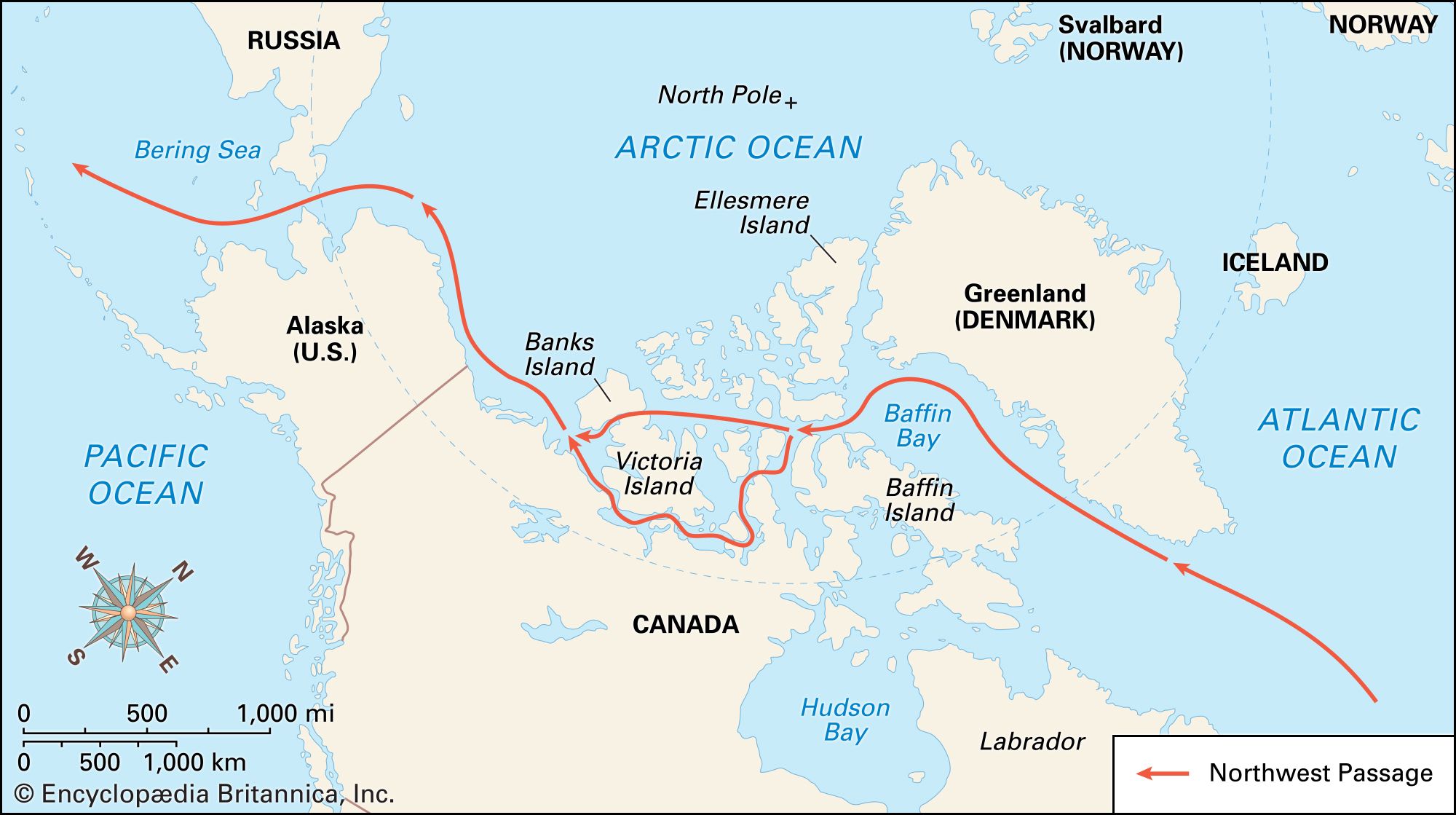The Significance of Northwestern Passages ===
Northwestern Passages, a network of waterways in the Arctic region, has long captivated explorers, adventurers, and researchers. These remote, icy passages have played a crucial role in maritime history, offering a potential shortcut between the Pacific and Atlantic Oceans. The discovery and exploration of Northwestern Passages have not only shaped the historical context but also contributed to our understanding of geographical challenges, environmental impact, economic opportunities, and future prospects for the region. In this article, we will embark on an analytical journey to delve into the significance of Northwestern Passages and the multifaceted aspects associated with it.
=== Historical Context: Tracing the Exploration of the Northwest ===
The exploration of Northwestern Passages dates back centuries, with notable figures such as Henry Hudson, John Franklin, and Roald Amundsen seeking to navigate these treacherous waters. The quest to discover a shorter route to Asia drove European explorers to risk their lives in the pursuit of fame and fortune. The search for the elusive Northwest Passage, a hypothetical route connecting the Atlantic and Pacific Oceans, resulted in numerous expeditions, shipwrecks, and tragic losses of life. Despite these setbacks, the historical context of Northwestern Passages serves as a testament to human resilience, ambition, and the relentless pursuit of knowledge.
=== Analyzing Geographical Challenges: Navigating Northwestern Passages ===
Navigating Northwestern Passages presents formidable geographical challenges due to its icy conditions, narrow channels, and unpredictable weather patterns. The presence of sea ice poses a significant obstacle for ships, requiring advanced ice-breaking capabilities to traverse these waters. The narrow passages, such as the McClure Strait and Bellot Strait, add further complexity to navigation. The ever-changing ice conditions and shifting icebergs demand constant vigilance and expertise from mariners. Analyzing the geographical challenges of Northwestern Passages enables us to better understand the risks and limitations associated with traversing this demanding region.
=== Environmental Impact: Assessing the Effects on the Region ===
The exploration and increased human presence in Northwestern Passages have not been without consequences for the fragile Arctic environment. The melting of sea ice due to climate change has opened up new possibilities for navigation, but it has also led to the loss of critical habitat for marine mammals, such as polar bears and seals. Increased shipping traffic raises concerns about potential oil spills and pollution, which could have devastating effects on the delicate ecosystem. Assessing the environmental impact of Northwestern Passages is crucial for policymakers and stakeholders to implement measures that minimize harm and protect the region’s biodiversity.
===OUTRO:===
The Northwestern Passages, with its rich historical context, challenging geography, and environmental significance, continues to capture the attention of researchers, policymakers, and adventurers alike. The region’s economic potential, particularly in terms of trade and resource extraction, also warrants careful consideration. As we look towards the future, it is imperative to plan and preserve Northwestern Passages thoughtfully, balancing economic opportunities with environmental conservation. By analyzing the various aspects surrounding Northwestern Passages, we can navigate this unique region responsibly and ensure its long-term sustainability.

